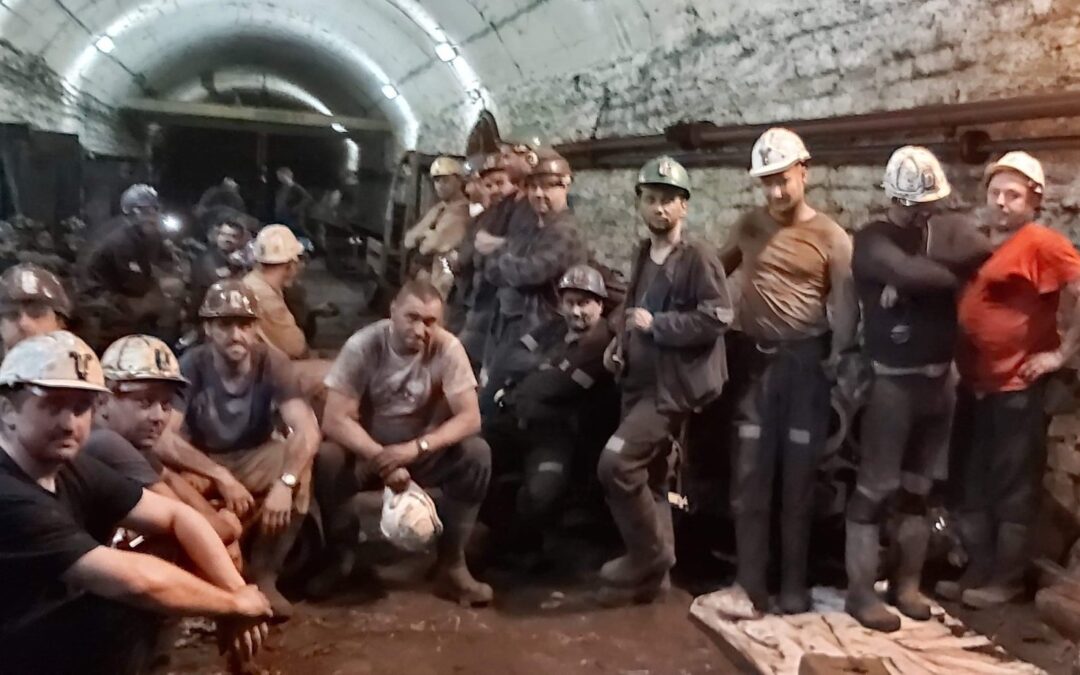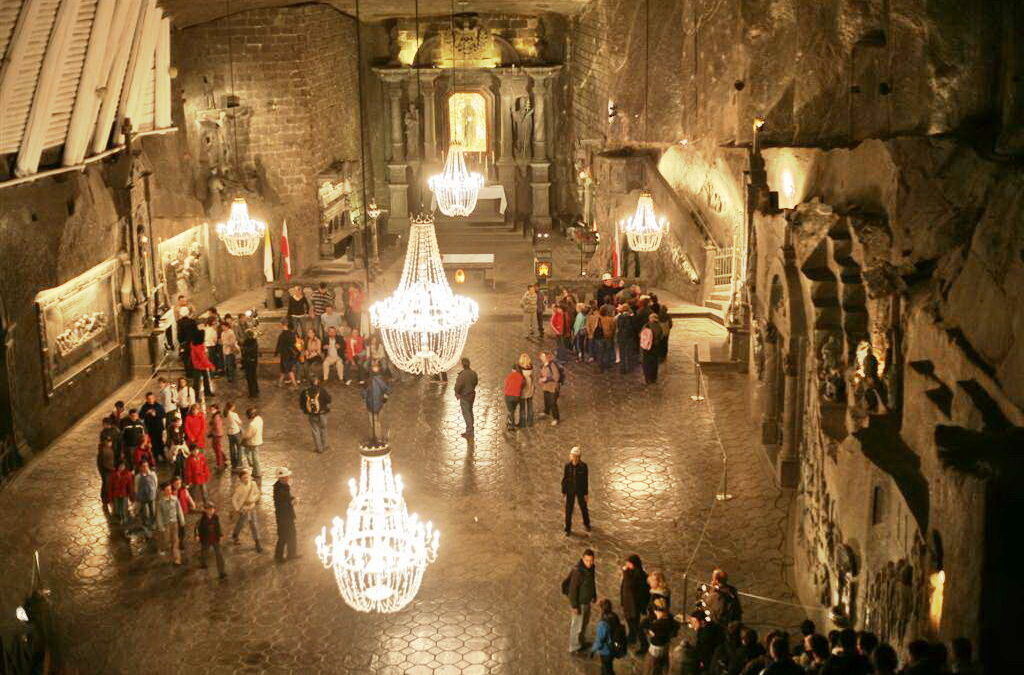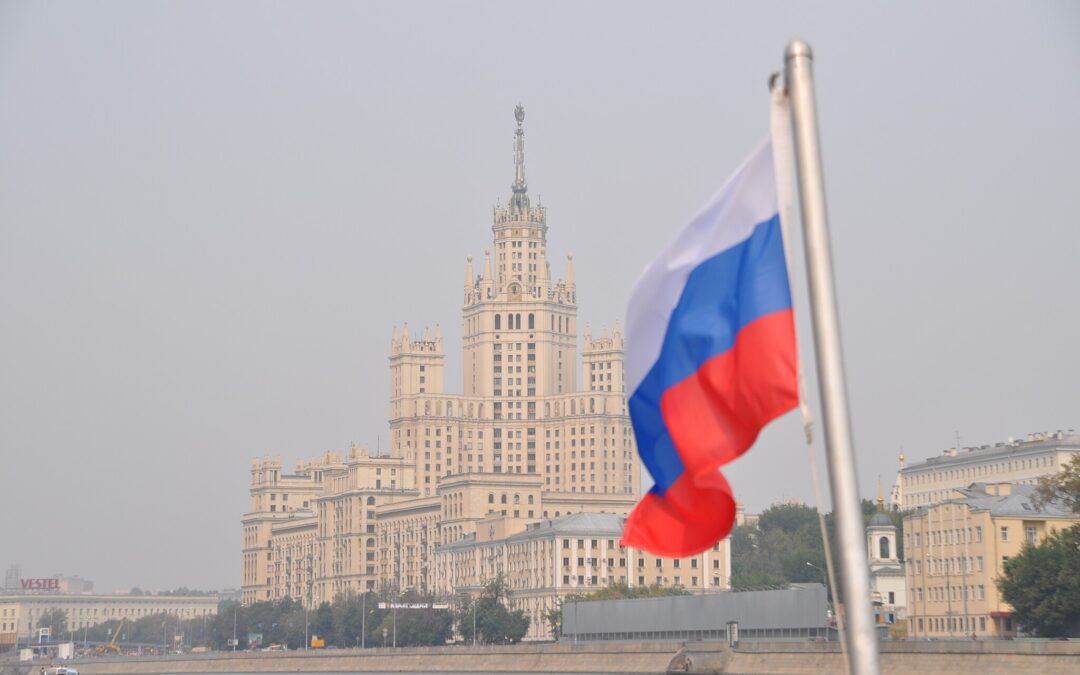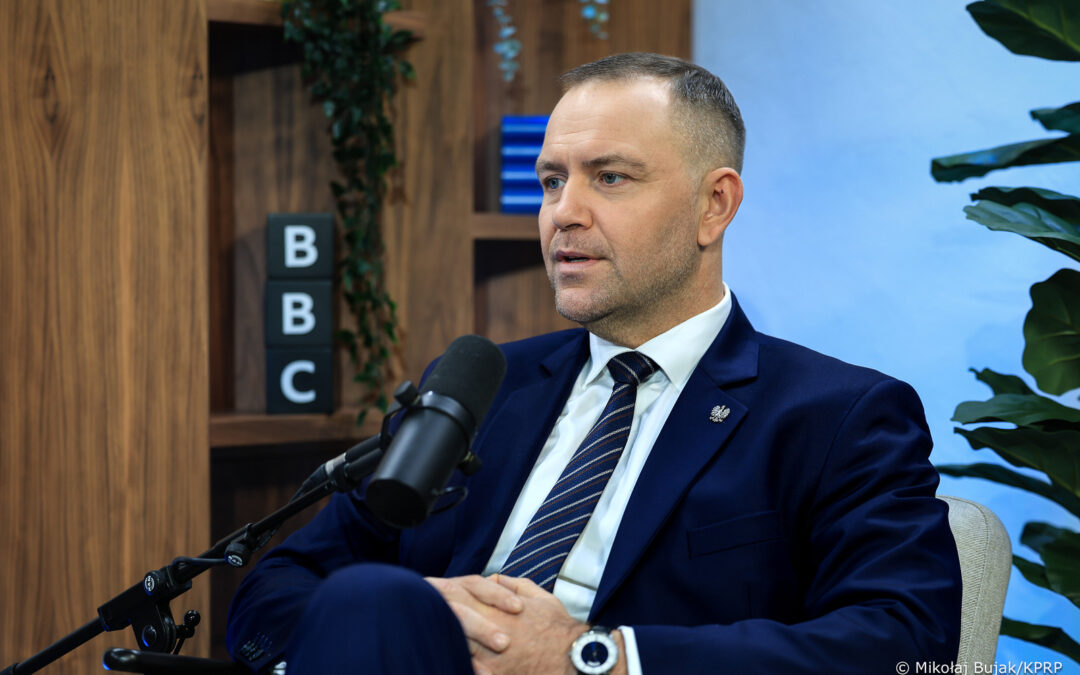More than 100 miners in six coal mines have joined an underground strike to pressure the government into talks about supporting the struggling industry.
In response, the government has sent a delegation to meet union leaders for talks, while President Andrzej Duda has also spoken with the head of the Solidarity trade union.
Podziemny protest górników KWK "Wujek" w Katowicach. @DariaKlimza @Tomasz_Czoik @Silesia24PL @PAPBiznes @nettgpl @wnppl @AktualnosciTVP3 @radiokatowice @TelewizjaTVS @zachodni @Radio_Piekary @BacaPogorzelska @anna_kropaczek @FAKT24PL @AdBeben @katowicedzis @katowice24info pic.twitter.com/uJ6VLyH1M4
— Komisja Krajowa WZZ Sierpień 80 (@Sierpien80) September 22, 2020
The protests began on Monday afternoon at the Wujek mine and have since spread to six other mines in Poland’s coal heartlands of Silesia. All of the facilities, which belong to the state-run Polish Mining Group (PGG), are slated for closure, according to government plans leaked in July.
As of this afternoon, 110 miners have joined the strikes, according to PGG spokesman Tomasz Głogowski. Union officials say that the protests are expected to spread further, to the majority of the mines belonging to PGG. The firm is the biggest producer of hard coal in the EU, employing 41,000 people.
Unionists have pointed out that underground protests are more demanding than regular ones. “These are often levels reaching 1000 metres [in depth], with high temperature and poor access to air,” said Dominik Kolorz, head of the local branch of the Solidarity union, reports Interia.
On Monday, however, the minister for state assets, Jacek Sasin, denounced the miners’ methods as “blackmail” and called for “common sense” from their side.
“Protests today will not help, they will not reverse trends,” he said, adding that “they will only make it difficult to save the industry,” reports Radio ZET.
The government has, however, sent a delegation for talks with the miners’ representatives in Katowice, the capital of the Silesia province. They will be led by Artur Soboń, a deputy minister for state assets, and Krzysztof Kubów, an aide to the prime minister.
This afternoon, President Duda also revealed that he had had a conversation with the head of the Solidarity trade union to discuss the situation in Silesian mines. “The key is a just transition, introduced through social dialogue,” tweeted Duda.
The protests are a reaction to the government’s recently updated energy strategy for the next two decades – Polish Energy Politics 2040 – which envisions the possibility of a quicker departure from the country’s reliance on coal than previously planned.
Poland currently relies on coal for around 73% of its energy production, the highest level in the EU. According to the new strategy, that share would drop to 56% in 10 years and 28% in 20 years.
However, in a scenario with high prices for carbon emissions permits issued by the EU, those figures would drop even faster, to 37% and 11% respectively.
Bogusław Ziętek, head of the WZZ Sierpień ’80 miners union, says the aim of the current protest is to “show the determination of people” – not just miners, but “the whole of Silesia”.
“What the government and the European Union want to bring to Silesia with their accelerated climate programme is simply a catastrophe,” said Ziętek, citing “the loss of hundreds of thousands of jobs” which could lead to a mass exodus from the mining region.
“We really are fighting not for one or two mines anymore. We are fighting for everything,” said Ziętek, quoted by Gazeta Wyborcza.
The culmination of the protests is planned for Friday afternoon in the mining town of Ruda Śląska, which has been touted as a potential site for the first mine closures. The start of talks with the government will not mean a suspension of the protests, note union representatives.
During the pandemic, Poland’s mining industry has taken a further hit, as demand has slumped and several mines were forced to shut down as a result of mass coronavirus outbreaks. PGG has already recorded a loss of 548 million zloty (€123 million) in the first half of 2020.
Next year, demand for coal in Poland is expected to further drop by around 7 million tonnes – or 10% of annual hard coal production, reports Reuters.
In late August, the government proposed that PGG might receive up to 1.7 billion zloty (€380 million) of support from the Polish Development Fund (PFR), a public body, conditional on implementing a restructuring plan which is yet to be agreed on.
Main image credit: Komisja Krajowa WZZ Sierpień 80/Twitter

Maria Wilczek is deputy editor of Notes from Poland. She is a regular writer for The Times, The Economist and Al Jazeera English, and has also featured in Foreign Policy, Politico Europe, The Spectator and Gazeta Wyborcza.




















